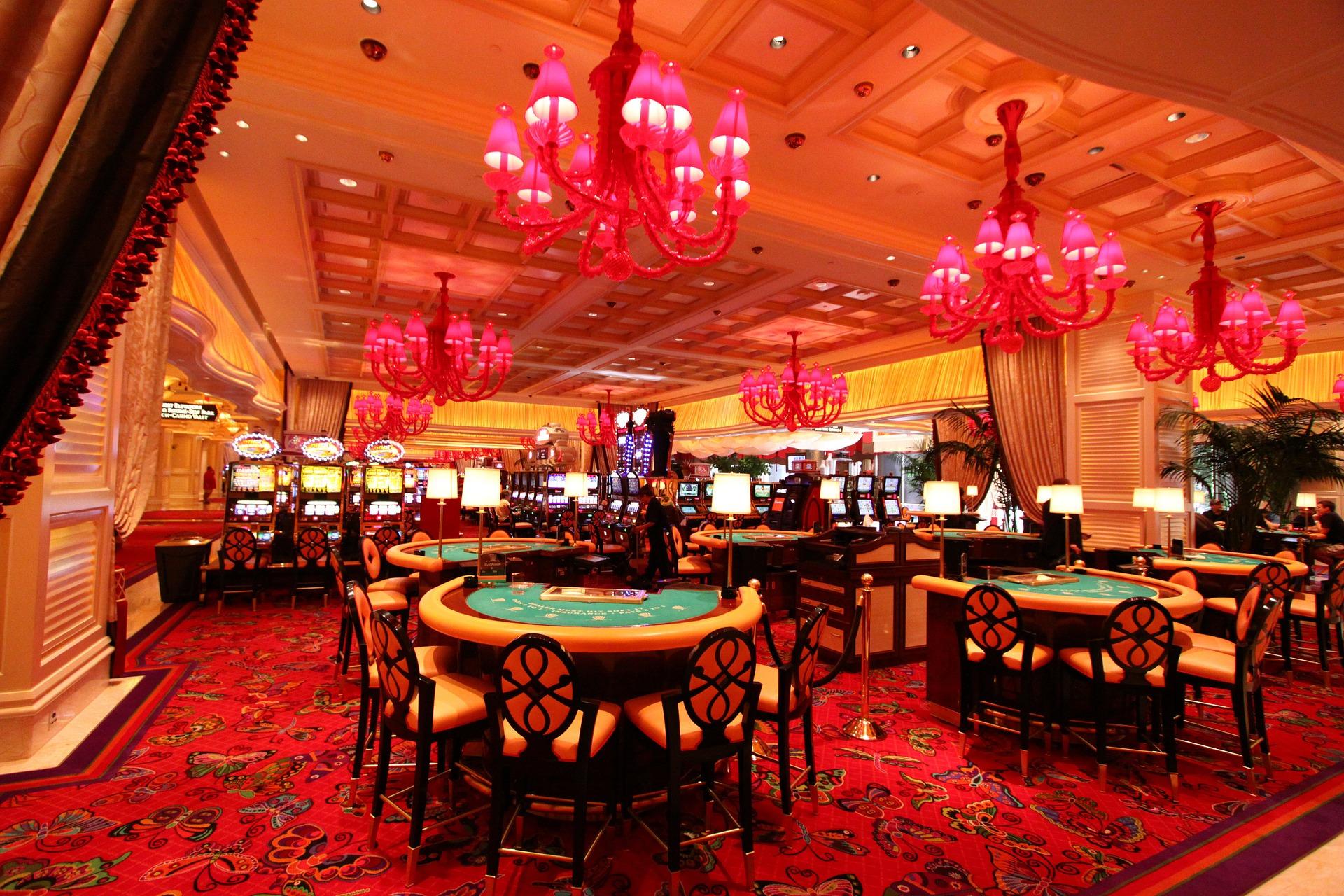
Casino entertainment have long been a engaging form of entertainment, drawing numerous of players from varied cultures around the globe. From the lively casinos of Vegas to the thriving gambling halls of the Chinese gambling capital, these games serve as a bridge that connects people across different backgrounds. The allure of chance, strategy, and gambling entices not only those looking to win money but also those seeking a shared experience.
The cultural impact of casino games extends significantly past the gaming floor. They often reflect the social norms and traditions of the communities in which they flourish. Games such as Texas hold ’em, 21, and the wheel game have embedded themselves into the mosaic of mainstream culture, influencing everything from films to style. As we explore this fascinating intersection of luck and society, we can better understand how casino games shape and are affected by the world around us.
Chronological Progression of Casino Games
The beginnings of gambling activities can be traced back to historical cultures, where betting in various forms was extensively performed. In China, around 2300 BC, a variant of gambling known as Keno was well-known, while in ancient Rome, soldiers would frequently gamble on the results of their contests. The concept of using luck for fun and gain progressed over the ages, leading to the establishment of more formal activities. By the final Middle Ages, gambling houses started to emerge in Europe, notably in Italy, which introduced early versions of popular activities still practiced today.
As gambling gained recognition in European regions, the 17th and 18th centuries saw the appearance of casinos as exclusive locations for gambling. The first official gaming venue, the Ridotto, was established in the city of Venice in the year 1638, providing games like Baccarat and the game Faro. This time marked a crucial turning point, as casinos commenced to draw not just the high society but also the burgeoning middle-tier society. The refinement of games increased, leading to the development of new rules and modifications that enriched the play experience.
In the 19th century, the industrial revolution and transformations in social norms additionally changed the terrain of gambling activities. The arrival of roulette and contemporary one-armed bandits pulled in a broader crowd, and gaming houses became seen as legitimate forms of fun. This period witnessed the worldwide proliferation of gaming, as casinos spread from Europe to the Americas, culminating in the creation of the legendary Strip of Las Vegas in the 1900s. The evolution of gambling activities has continued into the modern era, incorporating modern technology and digital platforms, allowing them available to a universal population.
### Cultural Significance within Various Communities
Casino games have profound cultural importance within many cultures around the world. In Las Vegas, the very fabric of the urban landscape is woven around gaming venues, where gambling is not just a hobby but a central aspect of entertainment and community interaction. The bright lights and vibrant atmosphere attract a vast audience, showcasing how games of chance can influence local economies and cultural identities. This setting transforms the notion of recreation into an enriching experience that shapes fashion, melodies, and even cinema.
Conversely, some societies approach betting with an air of caution, seeing it through the lens of ethical beliefs and tradition. For example, in many Asian cultures, games like Mahjong and Pai Gow Gambling are rich with history and carry significant social implications. These games are often played during gatherings and celebrations, fostering collective connections and solidifying family ties. The act of playing these games goes above mere amusement, reflecting ethics such as honoring elders and the value of collective enjoyment.
Meanwhile, in continental countries such as the principality of Monaco and Italy, games of chance serve as symbols of wealth and refinement. The elegant atmosphere of these establishments attracts both tourists and residents, upholding a sense of status and elitism. The art of the game of poker and the tactical components of games like banker’s game are esteemed, shaping community relationships and establishing an allure that fascinates a diverse audience. This emphasizes how gambling can concurrently echo and influence societal views towards risk, benefit, and relationship building.
Economic Impact and Tourism
Gambling activities play a crucial role in the financial context of many regions, particularly those that rely heavily on visitor traffic. The revenue produced from casino operations fuels local economies, creating jobs not only within the casinos but also but also in related sectors such as hospitality, dining, and recreation. This surge of tourists, drawn by the attraction of games and the overall casino experience, stimulates expenditure across multiple businesses, contributing to the economic vitality of the area.
The presence of casinos often leads to the development of infrastructure, including lodging, public transit, and recreational facilities. non UK casinos These developments are essential in enhancing the overall visitor satisfaction, making locations more appealing to visitors. Additionally, many casinos contribute in local communities through support of events and philanthropic initiatives, further integrating themselves into the social fabric of the locality. Such contribution not only supports economic growth but also fosters a positive reputation of the casino industry.
Moreover, the worldwide appeal of casino games drives competitive tourism, with locations vying to attract players from across the globe. Iconic destinations like Las Vegas and Macau have become synonymous with gambling culture, drawing millions annually. This competitive edge encourages innovation and diversification within the gambling sector, influencing developments in leisure and accommodation that resonate beyond their borders. The ripple effects of this tourism extend wide, impacting local financial health and cultural exchanges on a global scale.
